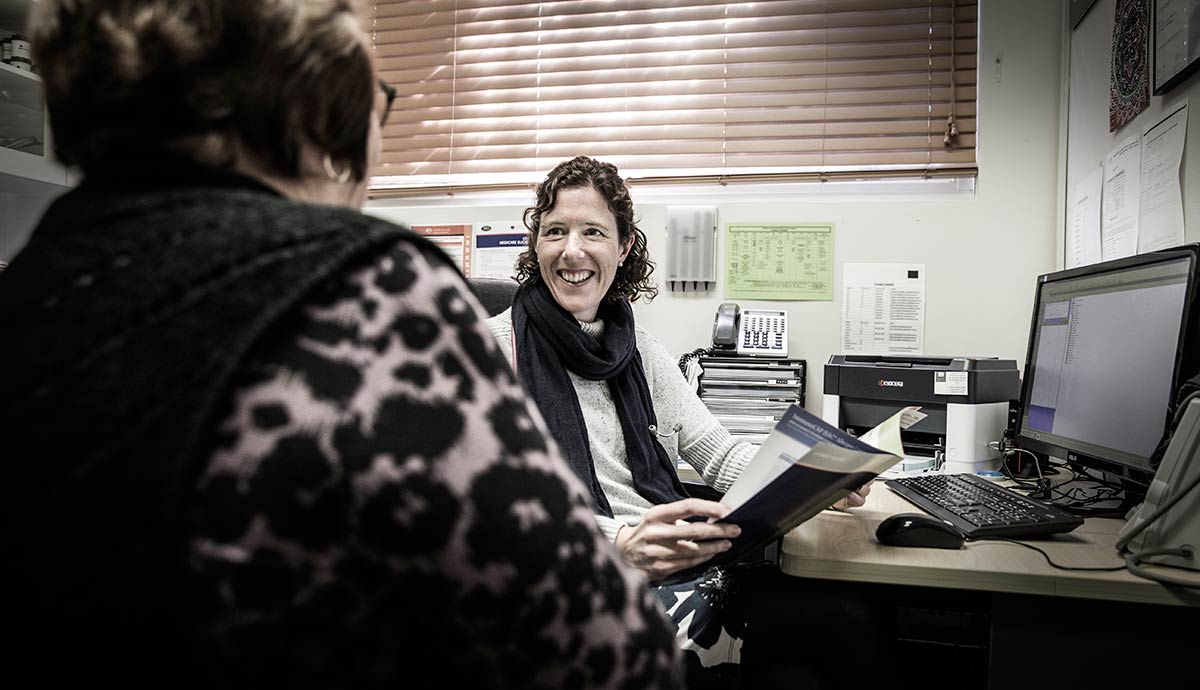August 1, 2016
Circle of silence perpetuates chronic use of sleeping tablets in older Australians
Study looks at older Australians’ attitudes to ceasing long-term use of sleeping tablets.
Doctors may be overprescribing sleeping tablets for older Australians because they falsely believe the patient wants to continue use, a new study has found.
The study, recently published in the journal Australian Family Physician, found that patients were often unaware of the side effects and addictive traits of sleeping tablets, otherwise known as benzodiazepines.
Dr Fiona Williams (pictured), from UOW's School of Medicine, led the study, which surveyed elderly patients in the Illawarra region about their use and knowledge of benzodiazepines, and their attitudes to cessation.
She said it is estimated that 15 per cent of Australians aged 65 and older use benzodiazepines. While the Therapeutic Goods Administration indicates they should be prescribed for short-term use to manage anxiety and insomnia, chronic use frequently occurs.
“Benzodiazepines have a significant negative health impact on the elderly, including an increased risk of falls, fractures, road traffic accidents and cognitive decline, yet they continue to be used.”
Dr Williams said other studies have shown benzodiazepines provide limited benefit when used for longer than two to four weeks; however her study found long-term use in the Illawarra was not uncommon, with some patients using them for more than 20 years.
“Our study found that the initiation of benzodiazepine use was often at a time of stress for the patient. Long-term use was not intended, and patients conveyed poor awareness of the side effects and addictive potential of benzodiazepines.
“However, we found that many older patients would be willing to cease their long-term use of sleeping tablets, a finding which may come as surprise to most doctors.
“We found many patients were not aware of alternative therapies, such as cognitive behavioural therapy that might help them. It was also apparent that patients took the fact that their GP wasn’t challenging their benzodiazepine use as an approval for continuation.”
Dr Williams, who also practises as a GP in Thirroul, said the study highlights the need for ongoing medication review in the elderly and for GPs to spend time with patients discussing the causes of their sleep disturbances, potential side effects of the medication, ongoing use and alternative treatment options.
“GPs may well be pleasantly surprised at the positive response to that conversation,” Dr Williams said. “This research reflects the complexity of managing the ageing population with multiple illnesses in a system that does not adequately support GPs to do so.”
This research was funded and supported by a Coast City Country General Practice Training grant.
